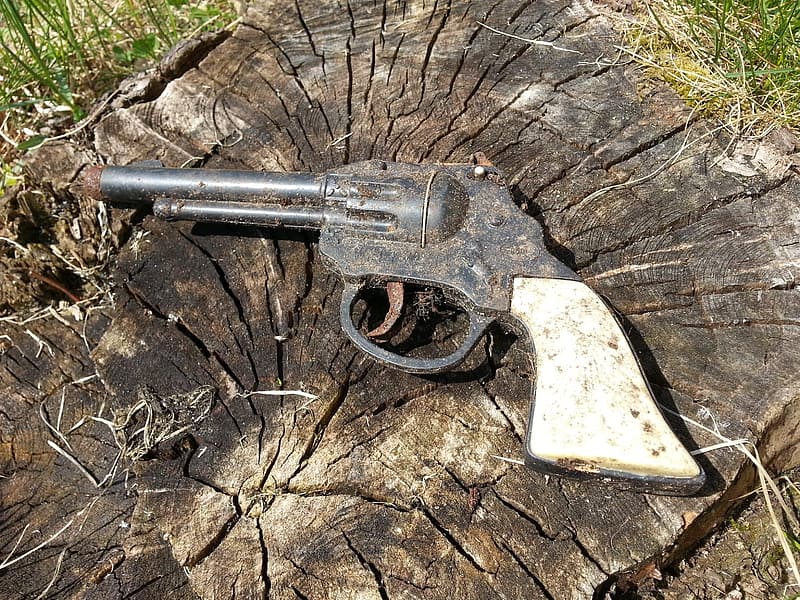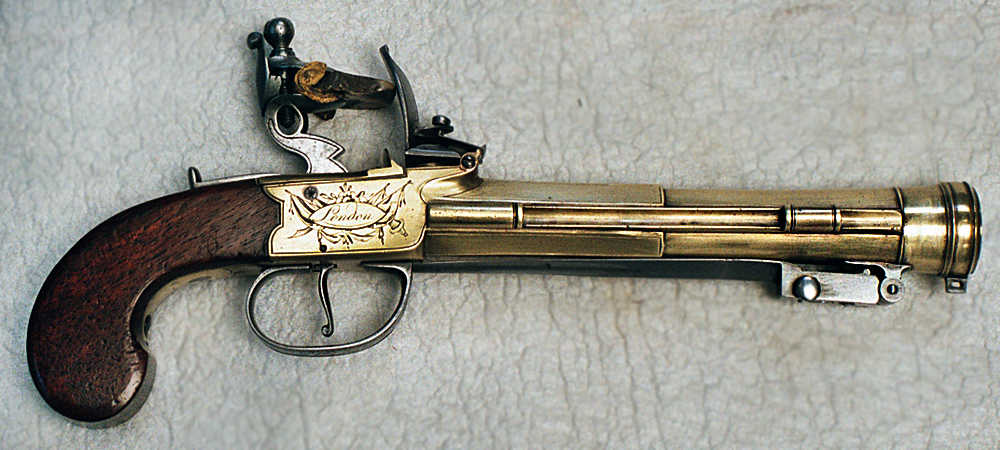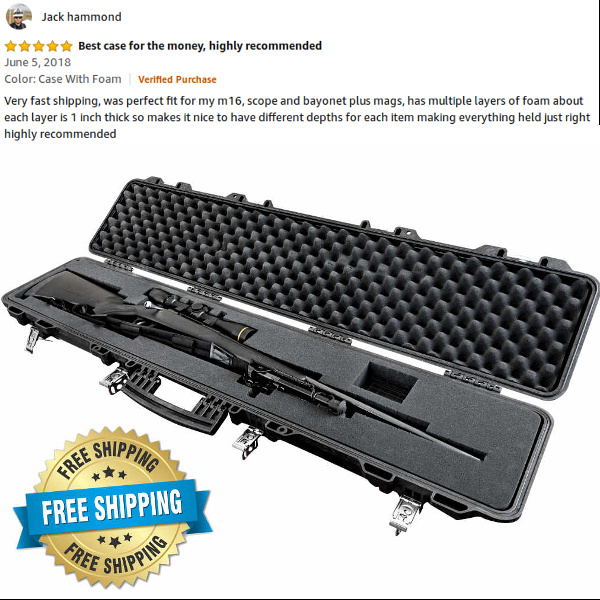Why are my guns rusting?
Posted by Veronica Gene Ariño on Jun 26th 2020
Why are my guns rusting? The answer is simple but prevention is something every firearm owner must perform. Here are some simple steps to help keep your gun ready to go!
The metals that guns are made of makes them susceptible to rust and corrosion. Sweat and humidity are two of the most common causes of corrosion.

What is rust, and why is it bad?
Scientifically speaking, it is the union of moisture and oxygen on a metal surface that produces oxidation and this is referred to as rust when it happens with iron. Certain environmental factors may cause rusting on your guns such as high humidity (winter/rainy season) and saltwater. Poor maintenance of firearms can play a role too. Let’s dig in more on this topic by investigating what exactly rust is.
The appearance of rust on guns varies from dust-like particles which can easily be wiped away to more severe rusting where we see corrosion of the metal. The more severe, the more difficult to restore. Another form of rusting is "rust browning" which gives the metal a bronze-like or antique brown finish but this is least likely to cause severe damage on your guns. Not all rusting can be damaging to your firearms as some types of oxidization may serve as a protective layer to your firearm. You should never disregard corrosion if you want to keep your firearms functioning reliably.
One very bad problem rust can create is in the barrel, which could cause your gun to explode due to pressure. Also, it can affect the moving parts in a firearm by increasing the amount of wear between points of contact in the gun. A rusted magazine spring could lead to failure to feed, a rusted slide could cause a failure to cycle, extract, or eject.

Here are some tips you can follow to avoid rusting:
- Reduce humidity: It takes only the smallest amount of water to come into contact with your firearm to begin the rusting process, and this includes water vapor in the air. According to the National Firearms Museum, a humidity level of 50% is ideal for gun storage. High humidity will cause the rust to start forming. Any humidity level lower than 50% puts wooden gun stocks at risk of cracking. You can use a dehumidifier in the room in which your guns are stored to maintain this crucial balance. You can also keep a desiccant, like silica gel, in your safe or gun bag to absorb extra moisture.
- Stay out of bad weather: Ideally, you should avoid exposing your gun to rain, snow, and other moisture outdoors as it causes rust and tarnishes quickly. If you are outdoors and it begins to rain, try and place your gun in a covered area to keep it dry. If it gets wet, be sure to dry it thoroughly and clean it as soon as possible.
- Clean your gun regularly: Properly cleaned firearms is essential for keeping it functioning properly, as well as removing any build-up of burnt gunpowder and other debris that can trap moisture and lead to rust.
- Use a high-quality anti-rust spray: When cleaning your gun, it’s a good idea to use a light application of a high-quality rust inhibitor at the same time. Avoid solvent-based products, those that use animal by-products, or those that have high VOCs, as these can damage your wood gun stock and have a strong smell that can attract insects.
In addition to these tips, a high-quality firearms case for long term storage is important to keep your firearms pristine. Without proper storage, the rusting process can set in quickly and compromise the safety and functionality of your weapon.

